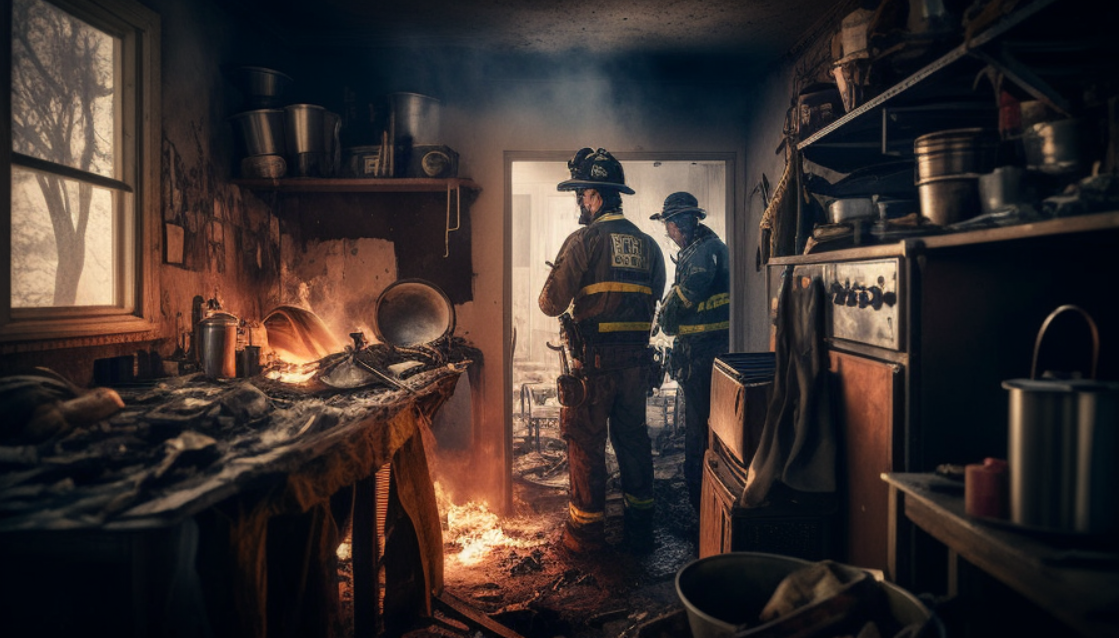A home fire can be a devastating event, leaving homeowners feeling overwhelmed and uncertain about what to do next. To help you navigate this challenging time, we have outlined the first five steps to take if a fire occurs in your home.
Table of contents

1. Ensure Everyone’s Safety and Call Emergency Services
In the event of a fire, your top priority should be the safety of everyone in the home. Evacuate immediately and gather at a designated meeting point outside the house. Once everyone is accounted for, call 911 to report the fire and request assistance from the fire department. Do not attempt to re-enter the house until it has been deemed safe by the fire department.
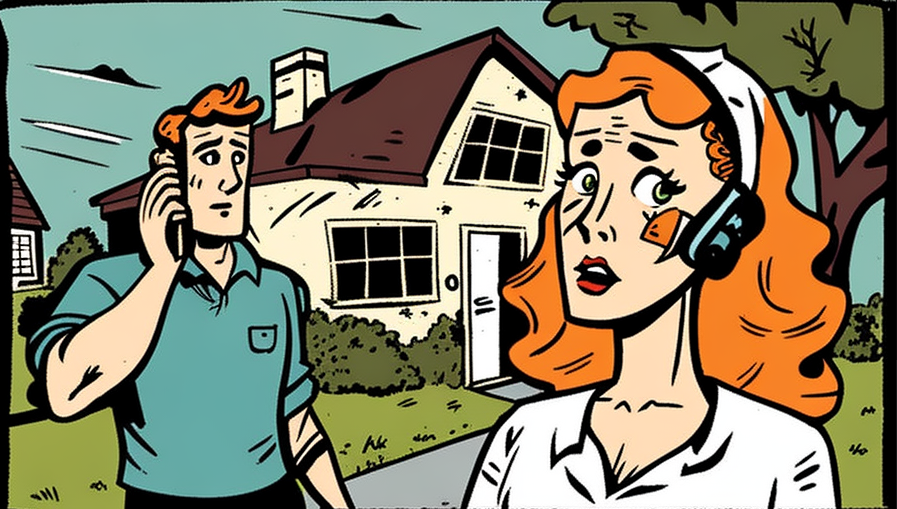
2. Notify Your Insurance Company
Once the fire has been extinguished and everyone is safe, contact your insurance company to report the incident. Provide them with necessary details, including the cause of the fire (if known), the extent of the damage, and any documentation or photos you may have. Keep a record of all communication with your insurer, as this information may be useful when working with a public adjuster.
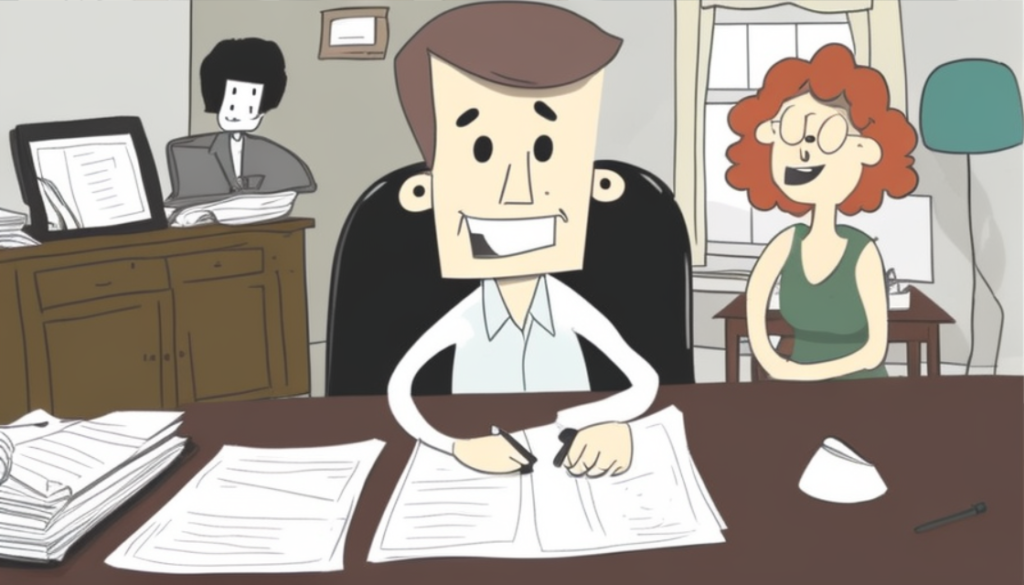
3. Contact a Public Adjuster
As soon as possible, get in touch with a public adjuster. A public adjuster is an independent claims expert who can help you navigate the insurance claims process and negotiate a fair settlement on your behalf. Their extensive knowledge of insurance policies and claims handling can be invaluable in ensuring you receive the compensation you deserve.
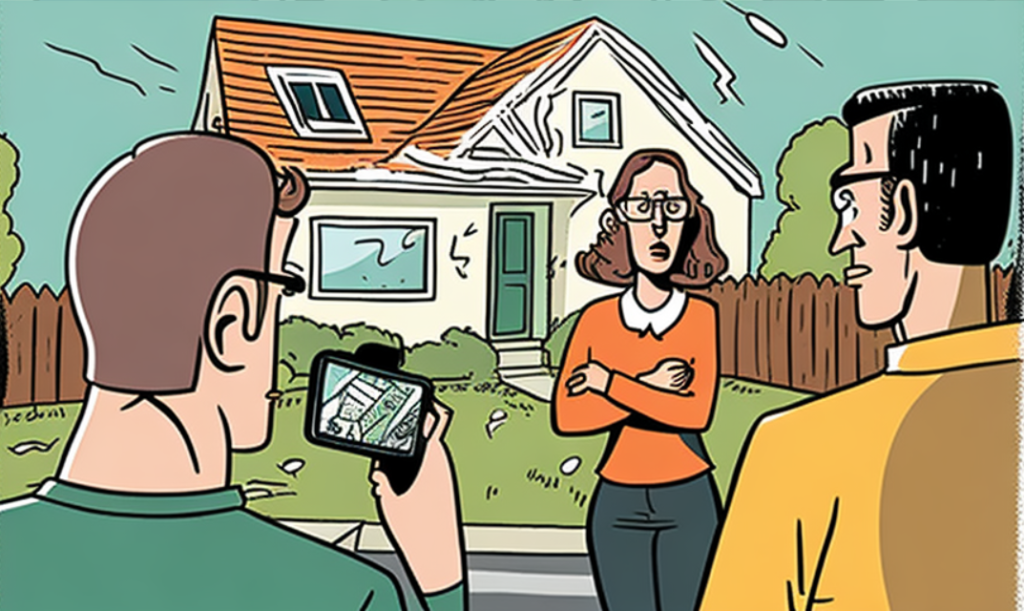
4. Secure Your Property
After the fire has been extinguished and it is safe to do so, take steps to secure your property to prevent further damage or theft. This may include boarding up windows and doors, covering holes in the roof with tarps, or installing a temporary fence around the property. Your insurance company may require you to take these steps to mitigate further losses.
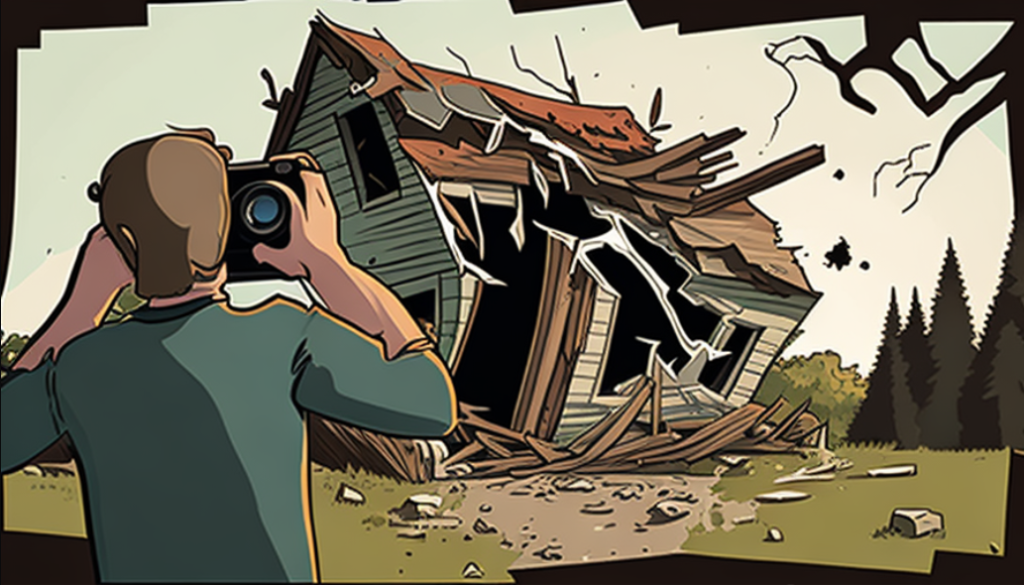
5. Document the Damage
As you work with your public adjuster and insurance company, it is crucial to have thorough documentation of the fire damage. Take photos or videos of the affected areas and make a detailed inventory of damaged or destroyed items, including their age, condition, and estimated value. This documentation will be vital when negotiating your insurance claim.
Dealing with a home fire can be an incredibly stressful and emotional experience, but knowing the first steps to take can help you navigate the situation more effectively. By prioritizing safety, contacting your insurance company and a public adjuster, securing your property, and documenting the damage, you can set the stage for a successful insurance claim.
Remember, having a public adjuster on your side can make all the difference in securing a fair settlement and getting your home back to normal as quickly as possible.
FAQ
Ensure everyone’s safety, evacuate, and call emergency services. Do not re-enter the house until it is declared safe.
Contact your insurance company as soon as possible after the fire to report the incident and start the claims process.
A public adjuster can navigate the insurance claims process, negotiate on your behalf, and ensure you receive a fair settlement.
Secure your property by boarding up windows, covering roof holes with tarps, and possibly installing a temporary fence to prevent further damage or theft.
Documenting the damage with photos, videos, and an inventory of affected items is crucial for supporting your insurance claim and negotiating a fair settlement.

